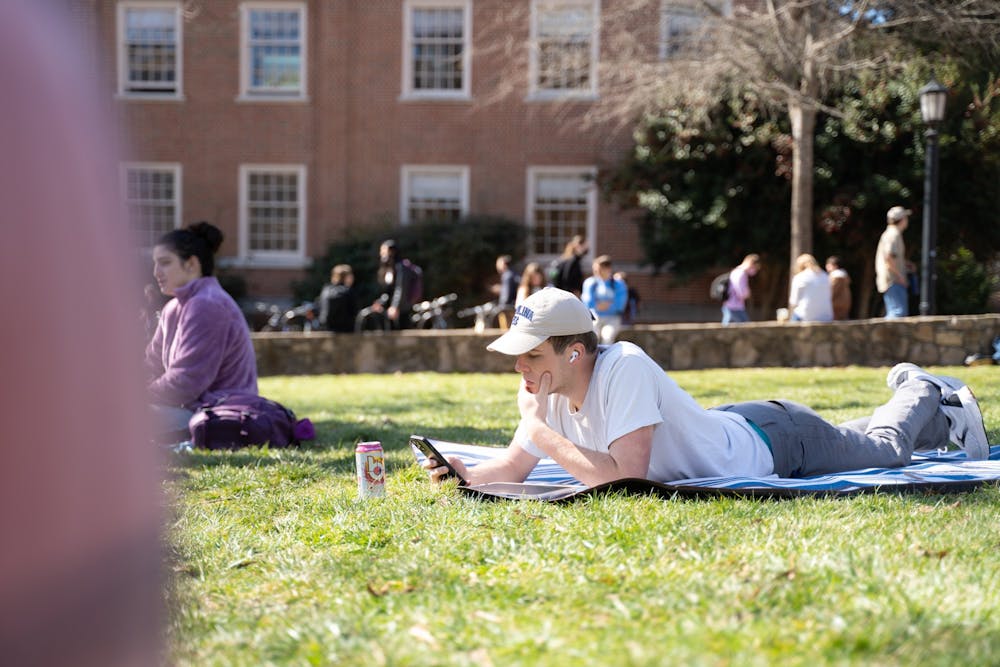Content warning: This article contains mention of suicide.
As a UNC student, the anticipation of a well-being day spurs a short moment of joy. That short moment is made even shorter, though, when the realization sets in that the day has to be spent catching up on work or studying for upcoming exams.
“Wellness days” at UNC were first introduced in spring 2020 to combat stressors brought on by the COVID-19 pandemic. They were not originally meant to be set in stone, though, and were not initially included in the following year's academic calendar.
After a series of suicides on campus in fall 2021, wellness days – rebranded as “well-being days” – were added back to the calendar for both the fall and the spring semesters. They were added to promote student’s mental health and well-being.
Since fall 2022, well-being days have been a consistent addition to UNC’s academic calendar with a minimum of two occurring each semester, typically giving students extended weekends.
On these days, instructors may not hold classes or assessments, collect work or assign new work. However, some professors have found a loophole around this rule, by making assignments due the day before a well-being day, the morning after, or even holding exams the next day.
Some professors seem to decide the rule doesn’t apply to them — holding asynchronous lessons or assigning tests that are only available on days meant to be used for students’ well-being.
This leaves students to spend their “well-being day” working on assignments or studying for exams, defeating the day’s purpose of giving them rest.
In this regard, well-being days are not giving students enough time to spend on themselves and show disregard for the necessity of a break from grueling academic work.



